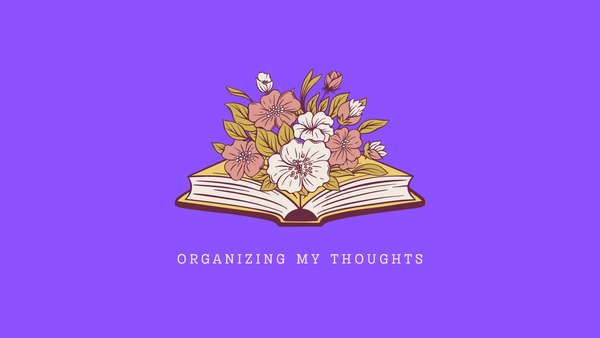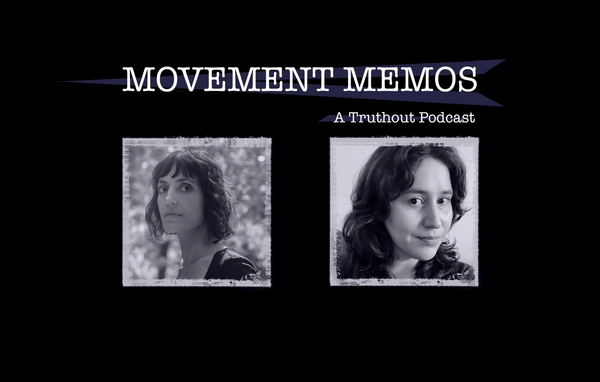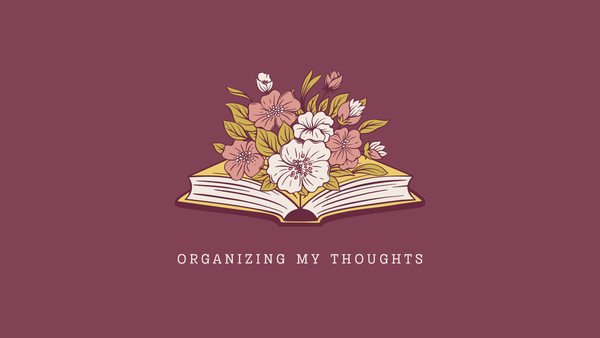“We’ve Never Seen This Before": 300,000 March for Palestine in Washington D.C.
“We’re calling on people to join us in this mass movement," says Yara Shafani.
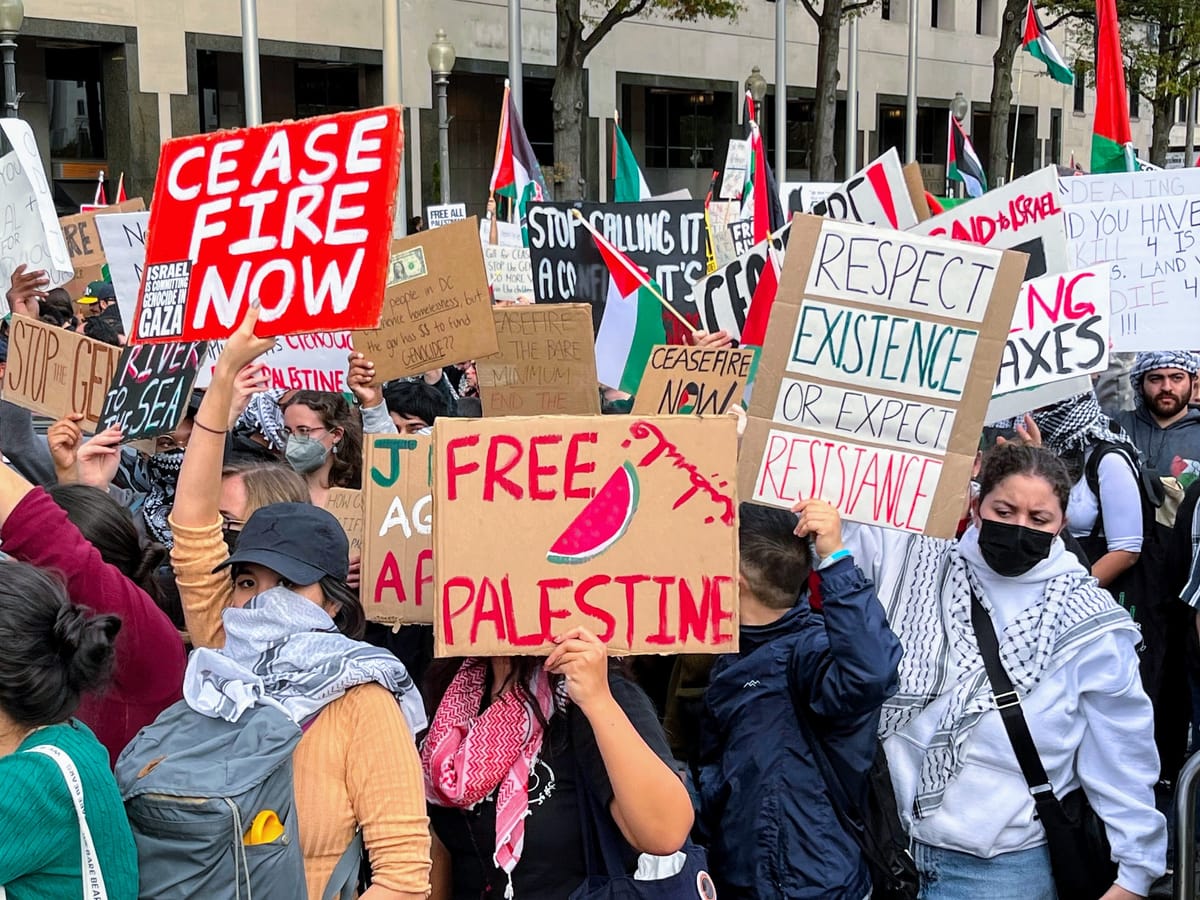
Over 300,000 people gathered at Freedom Plaza in Washington, D.C. on Saturday for the National March on Washington for Palestine. The march was the largest in support of Palestine in the history of the United States.
The event was organized by a coalition that included the Palestinian Youth Movement, ANSWER Coalition, American Muslim Alliance, The People’s Forum, National Students for Justice in Palestine, Al-Awda: The Palestine Right to Return Coalition, U.S. Palestinian Community Network (USPCN), U.S. Campaign for Palestinian Rights (USCPR), and Maryland2PalestineOrganizers. Organizers said in a statement that the march was “the culmination of weeks of protests in cities across the country.”
Mass marches and direct actions in the U.S., including large scale blockades and sit-ins, have drawn historic levels of participation in recent days, as Israel’s genocidal assault on Gaza has continued to intensify.
Despite widespread repression targeting students, faculty, and others who have expressed solidarity with Palestine, activists in cities around the country organized large groups of protesters who traveled up to 20 hours straight to reach the march. A couple of hours before the march began, as speakers were addressing the crowd, there was a traffic jam of 40 buses full of protesters who had come to join the march. Many of those protesters got out of their traffic-locked buses, chanting “Free, Free Palestine,” and carrying banners as they marched to Freedom Plaza to join the rally.
“The massive turnout is a resounding rejection of the policies of the Biden administration, which is shamefully taking part in Israel’s genocide in Gaza,” ANSWER Coalition Executive Director Brian Becker said in a statement. “Without the support of the US government, Israel’s terrible crimes would not be possible.”
Talia*, an organizer with National Students for Justice in Palestine, told Truthout that watching thousands of people pour into Freedom Plaza for the protest was a profound experience. “You physically feel a shift in your body because the movement is shifting,” she said. “We’ve never seen this before. I feel like people are finally waking up to the colonial apartheid structure that has been suffocating the Palestinians for 75 years.”
For Talia, attending the protest was a natural extension of a life lived in resistance to colonial domination. “I am Palestinian. So this has been my upbringing, to fight for the right of return, fight for our liberation. The movement continues and I continue with it.”
Like Talia, Yara Shafani, an organizer with the Palestinian Youth Movement, believes the historic march marks a “turning point in the struggle for Palestinian national liberation.” Shafani told Truthout, “For 75 years, the Palestinian people have been fighting against Zionist colonization and Western imperialism, which has sought to colonize Palestine, has dispossessed Palestinians from their land, has built checkpoints and apartheid walls all across Palestine, and is currently holding over 10, 000 Palestinian prisoners.” Shafani noted that the 2.2 million people in Gaza are also being “held hostage inside an open air prison” as Israeli bombs rain down on them. “To see people rising up across the United States, across the world, in the hundreds of thousands, and in the millions — we feel that there is a turning point and that the liberation of Palestine is inevitable.”
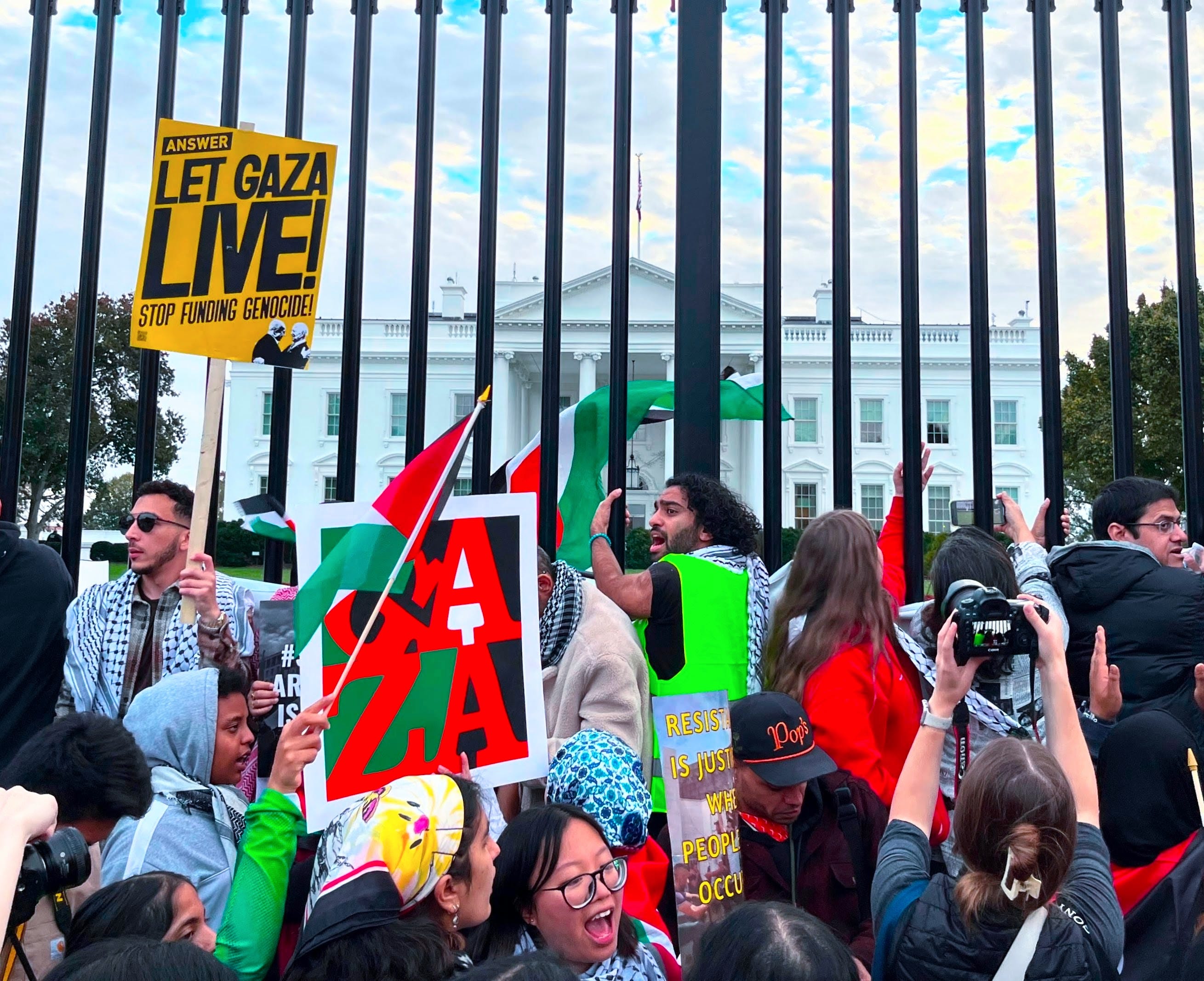
Shafani also stressed the urgency of the moment. “What we’re witnessing here is genocide against the Palestinian people,” she said. “In the last month, Israel has murdered over 10,000 Palestinians, over 3,500 of whom are children. There are thousands of Palestinians trapped under the rubble.” Shafani emphasized that in addition to the massive death toll, tens of thousands of Palestinians in Gaza are injured and without proper medical care, as health care facilities have either been bombed, or are simply out of fuel, water, anesthesia, and other supplies. “Israel is bombing schools, hospitals, and refugee camps,” she said, calling on people of conscience to continue organizing in defense of Gaza. “We’re calling on people to join us in this mass movement, to get organized, to go out into the streets to make your voices heard.”
Shafani said that, in spite of rampant repression, the Palestinian cause has mass support. “We know that 66 percent of Americans want an immediate ceasefire,” she said. Shafani noted the continuity between outrage over the U.S. funding Israel’s assault on Gaza and the frustration of Americans who want more federal funding for health care, infrastructure and education. In a country where about half of adults say they have trouble paying for health care, Shafani asks, “Why is the American government sending billions of dollars to Israel?”
“We just saw the United States approve an additional 14.5 billion this week to be sent to Israel, which shows that the United States is essentially rewarding Israel for its genocide,” she went on.
While addressing the crowd, Mohammed Nabulsi, an organizer with the Palestinian Youth Movement, noted the connections between Israel’s apartheid policies and genocidal attacks on Gaza and the United States’ history of segregation and genocidal violence. “We hold no illusions about where the US government stands,” Nabulsi said. He noted that the U.S., which is sending “military advisors and soldiers, its aircraft carriers and rockets, [and] its weapons of mass destruction to support the genocide of our people” is “the same government … whose legacy includes slavery and Jim Crow, genocidal campaigns against the Indigenous people of this land, genocidal campaigns against the people of the Global South, from Korea to Vietnam to Iraq and Afghanistan, just to name a few.”
Nabulsi emphasized that “at every turn” in the history of oppression waged by the U.S. government, “There have been those like us in the streets mobilizing to confront them.” Nabulsi pointed out that the U.S. was once “the staunchest ally of apartheid South Africa,” and has been “the supporter of fascist dictatorships all over the globe, the organizer of coups against democracies, the lover of endless war.”
He stated that in light of the United States’ “historical record,” activists should not shy away from the condemnation of U.S. officials. “The US Congress condemned our movement for justice and liberation,” he said. “The two corporate parties have made themselves abundantly clear. So let us, ourselves, be abundantly clear to the US Congress: We welcome your condemnation.”
Continuing to address his remarks to Congress, Nabulsi said, “We know your loyalties to imperialism and war to profit over people, to the destruction of our environment and to the usurption of our rights.” In contrast, he asserted, “Our loyalty remains with justice, with dignity, with human rights, with the exploited and the oppressed of this world.”
While speakers called on U.S. officials to demand an immediate ceasefire, and to stop funding Israeli apartheid, the event also served as an appeal to people across the U.S. to take action. “We need the American people,” Shafani said. “We need the masses across the world to get organized, to join us out into the streets, to demand the liberation of Palestine, to demand an end to this genocide. On November 9th, we are doing an international shutdown of industry and we’re calling on people to join us.”
Talia also called on the public to support Palestinian students and their allies, who have faced intense repression, including threats, doxxing, and efforts to derail their future careers. “The student movement is working diligently to combat backlash as much as they can,” she said. “Students need people power more than ever, and that includes power from the community to say, ‘We need to divest from the colonial apartheid that is the Zionist state called Israel, and we need to move forward for pursuing Palestinian dignity, freedom, and the right to live.”
*Talia is a pseudonym used at the request of the interviewee, due to threats of physical harm and doxxing against student organizers.
This piece by Kelly Hayes was originally published in Truthout and has been reprinted here with permission.
Photos: Kelly Hayes


